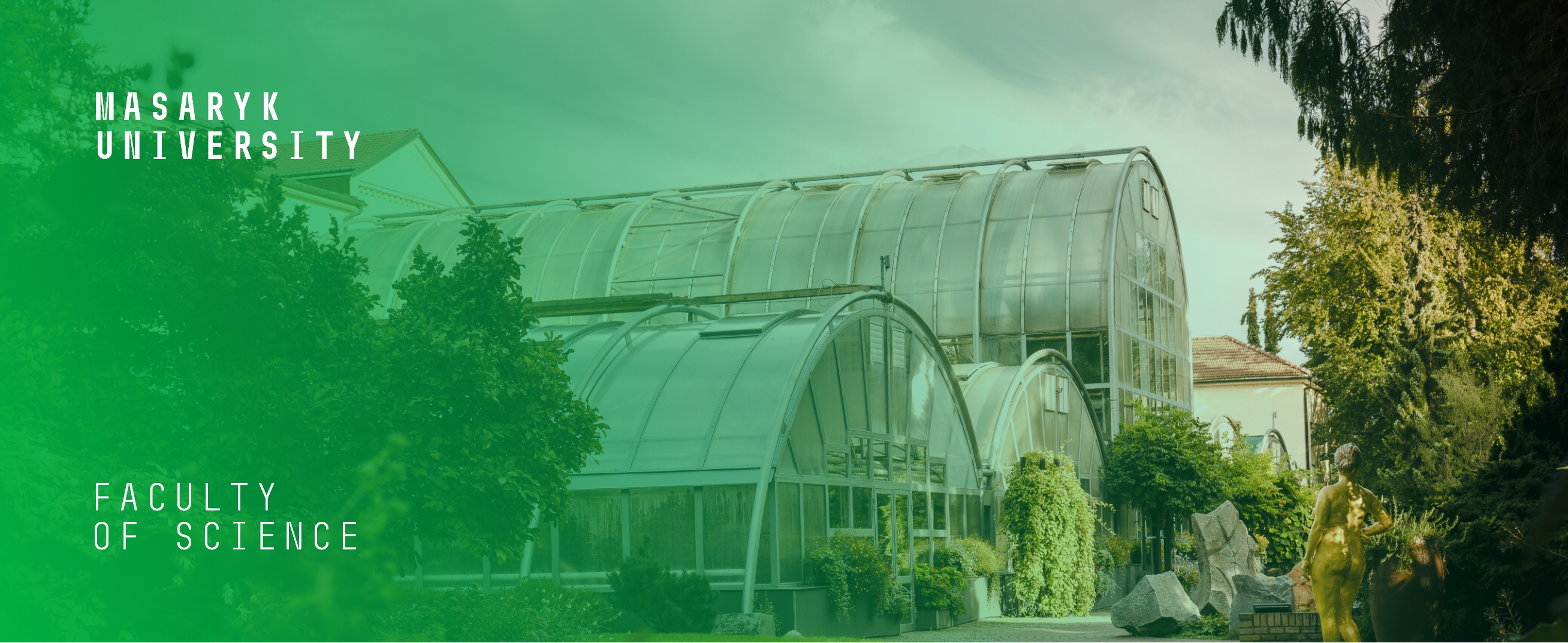Plant Anatomy and Physiology

deadline
What will you learn?
The aim of the program is to prepare top scientists in the fields of contemporary physiology and experimental biology of plants developed within the Institute of Experimental Biology of the Faculty of Science. Graduates of this study should be prepared primarily for further scientific careers in research and academic institutions, but also for potential applications in the commercial sector with a research or application potential in the field of plant science. The program is focused on the detailed study of plants, their structure and their functions with regard to physiological processes and their regulation. Topics within this program are focused on different levels, ranging from the internal structure and function of plant cells and their organelles, tissues and organs to individuals and their populations. In terms of functional processes, the topics focus on the transformation of external sources of matter and energy in metabolic processes (especially photosynthesis and transpiration), the intake and management of nutrients, growth and development processes, stress and ecological physiology of plants, including interactions with mycorrhizal plants and the reaction of plants to an extreme or toxic environment. The aim of the program and the topics studied is to elucidate the physiological mechanisms of plant behaviour as a whole and interdisciplinary analysis using the knowledge and procedures of related disciplines, especially biochemistry, biophysics, molecular biology and genetics and 'omics disciplines including modern biotechnologies. The research results obtained during the DSP program are mainly used for causal analysis and quantification of physiological processes occurring in both natural and man-affected systems from cell level to ecosystem.
Career opportunities
Employment of a graduate is highest in the following areas: (1) The graduate can work in the fields of experimental plant biology and plant science in general, (2) the graduate can continue in specialized studies in similarly focused postdoctoral programs, also (3) work in education as a teacher or a specialist in biological and environmental fields. The graduate may also apply (4) to the state administration in relevant areas. Last but not least, she may be (5) a member of a research team in the field of experimental plant biology.

Admission requirements
Information about the admission process is available at the website linked below.
Other study programmes

deadline
(academic year)

deadline
(academic year)

deadline
(academic year)




